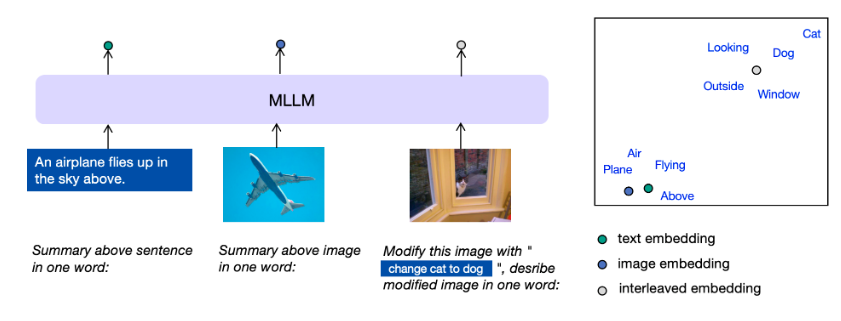In this era of AI explosion, Large Language Models (LLMs) have become the super engines driving the application of machine learning. However, training these giants requires immense computational resources. Imagine if we could train these models efficiently on distributed devices around the world? That's the surprise that OpenDiLoCo brings to us.

Traditional distributed training methods require frequent communication and a lot of bandwidth, which limits the scale and efficiency of training. However, the DiLoCo (Distributed Low Communication) training method makes global training of LLMs possible by reducing communication needs.
OpenDiLoCo is an open-source framework that implements the DiLoCo training method and provides an scalable, decentralized training framework with the Hivemind library. The impressive thing about this framework is that it has trained models across two continents and three countries while maintaining a 90-95% computational utilization rate.
Key Features:
Dynamic resource scaling: Computational resources can be adjusted dynamically during training, with new devices and clusters joining or leaving the training process in the middle.
Fault tolerance: In decentralized training, some devices may be unreliable. Fault-tolerant training with Hivemind ensures that the training process will not stop even if some devices are unavailable at any time.
P2P communication: There is no master node, and all communication is done in a peer-to-peer manner.
Researchers not only replicated the DiLoCo experiments but also extended them to models with a billion parameters. Through ablation studies, they demonstrated the advantages of the DiLoCo algorithm in computational efficiency and scalability. More impressively, they showed that DiLoCo gradients can be fully reduced using FP16 without reducing performance.

Key Contributions:
Replication and extension: Successfully replicated the original DiLoCo experiments and extended them to the scale of models with a billion parameters.
Open-source implementation: An extensible implementation based on the Hivemind library makes decentralized training accessible to a wide range of developers and researchers.
Global decentralized training: Demonstrated the actual potential of OpenDiLoCo through model training across two continents and three countries, while maintaining a 90-95% computational utilization rate.
Efficiency insights: Provided valuable insights into algorithm scalability and computational efficiency through ablation studies.
Experimental Results:
By replicating the main experimental results of DiLoCo, Prime Intellect demonstrated the effectiveness of its method. Using a model with 150M parameters on the C4 dataset for language modeling training, it showed that DiLoCo is comparable to the baseline performance while reducing communication needs by 500 times.
The original DiLoCo paper by DeepMind only conducted experiments on models with up to 400 million parameters. In this work, Prime Intellect extended the method to a model with 110 million parameters and used the same hyperparameters as TinyLlama.
To demonstrate the decentralized training functionality of OpenDiLoCo across different continents, the experiment used four DiLoCo worker nodes located in two different states of Canada, Finland, and the United States, each equipped with eight H100 GPUs.
Prime Intellect successfully replicated the main experimental results of DiLoCo and extended the method to three times the original working parameter size, demonstrating its application in real-world decentralized training environments.
In the future, the company plans to extend DiLoCo to larger models on more distributed worker nodes and explore model merging techniques to potentially improve stability and convergence speed, as well as reducing computation idle time through implementing asynchronous weight averaging communication methods.
Paper address: https://arxiv.org/pdf/2407.07852










